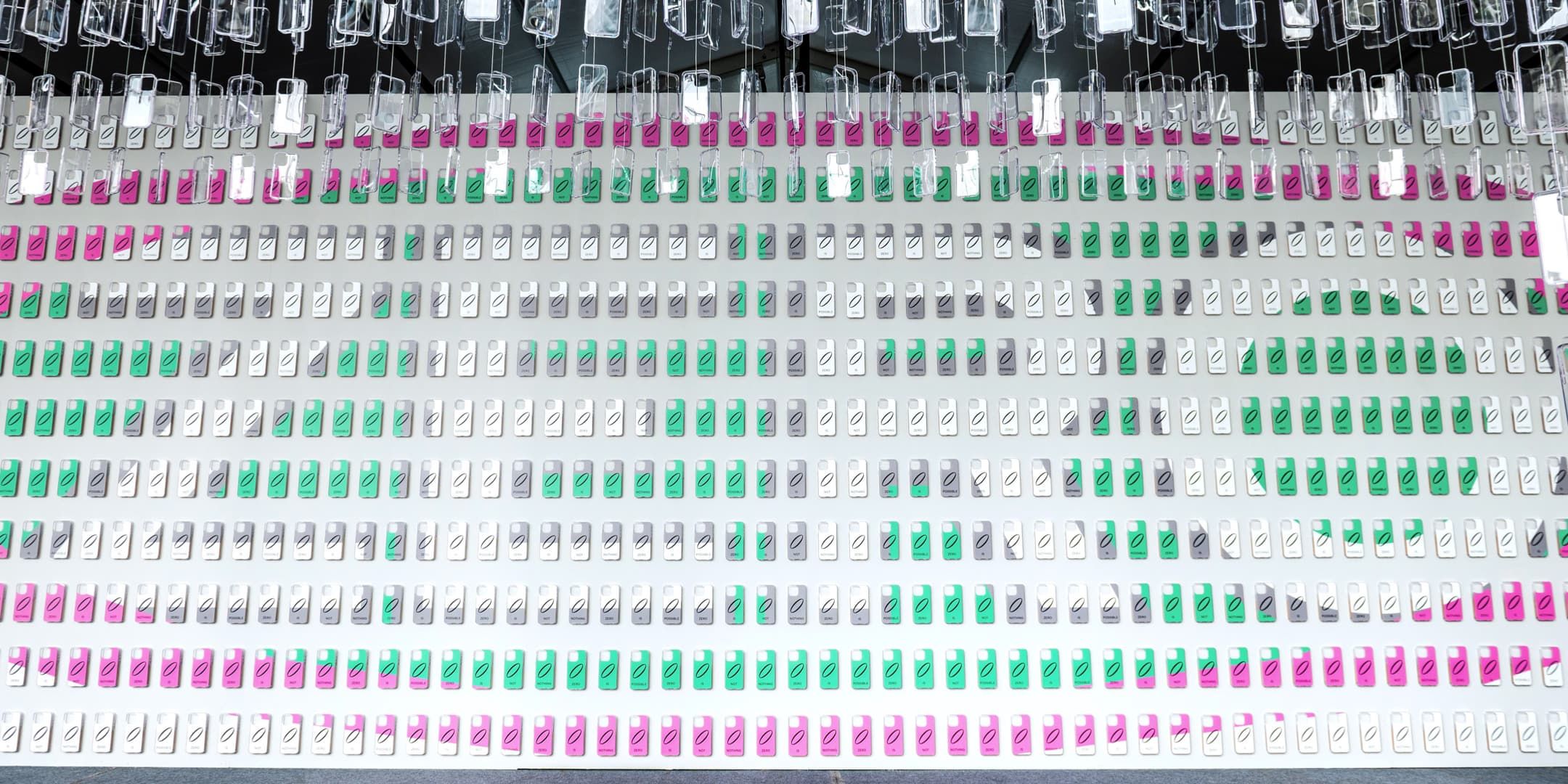11-03-2025
Reading time: 3 min
11-03-2025
Reading time: 3 min

Guess how many phone cases are made on Earth each year?
The answer: over a billion.
Now, guess how many of those are properly recycled?
Unfortunately, less than 1%.
This reflects the situation of most plastics on Earth. Lacking reuse value, they often end up as single-use waste scattered across the planet. Despite being a relatively recent invention, plastics persist for millennia—from the highest peaks to the deepest oceans. They’ve become ubiquitous, polluting even the most remote corners of our planet.
You may be familiar with RHINOSHIELD as a phone accessory company, but we are now also dedicated to developing "plastic management solutions." The starting point is simple. If we treat plastic as a valuable "resource" like gold and metal, cherish, manage and utilize it, then plastic waste can be greatly reduced. After all, in the world of materials, we haven't found a material that can replace plastic, which combines lightweight, toughness, and multiple functions.
Born out of materials science labs in Cambridge, RHINOSHIELD has categorized the plastic crisis into three phases and developed corresponding solutions.
“Legacy Plastic™” refers to plastic waste that has already been scattered and is difficult to recycle or remove. Like zombies, it cannot be reborn, cannot decompose, and even releases toxins into the environment. For example, marine waste, which we hear about often, is releasing microplastics daily, harming the ecosystems we depend on.
RHINOSHIELD is developing a marine waste filtration platform, CircularBlue, expected to be publicly available after testing in 2025. By collecting and cleaning up these marine legacy plastics, we stop them from continuing to harm nature. In addition, we upcycle marine plastics to create lanyards, watch straps, and other products.
The second type of plastic is “Modern Plastic™”, which refers to the plastic products we are currently using. If we continue to treat these resources as we did in the past, without proper management, they will one day become mountains of waste and pollute the seas as legacy plastics.
Before modern plastics become waste, it is essential to consider the life cycle of each plastic product and establish a complete recycling system. To this end, RHINOSHIELD has spent ten years building the RHINO LOOP circular ecosystem. Starting from the source, we insist on using “mono-material design” and “circular material technology” in product engineering. While maintaining functionality, we also ensure that every product can be completely recycled and reused at the end of its life, leaving no material wasted and achieving the sustainable goal of zero waste.
The third type is “Future Plastic™”, with the goal of creating a material that can be 100% biodegraded under natural conditions while maintaining the functions of plastic. Many current bioplastics made from mixed corn and sugarcane starch, although they resemble natural materials, still require decomposition in a strict industrial composting environment (above 60°C, under specific bacterial conditions, and taking over 60 days) to fully break down. We are now also collaborating with multinational laboratories to develop future plastics and continue pushing the boundaries of materials science.
Repairing the massive damage humans have done to nature cannot be accomplished overnight. But we believe that by starting with ourselves, breaking existing conventions, and putting the blue planet we share at the forefront of all considerations, change can happen step by step.